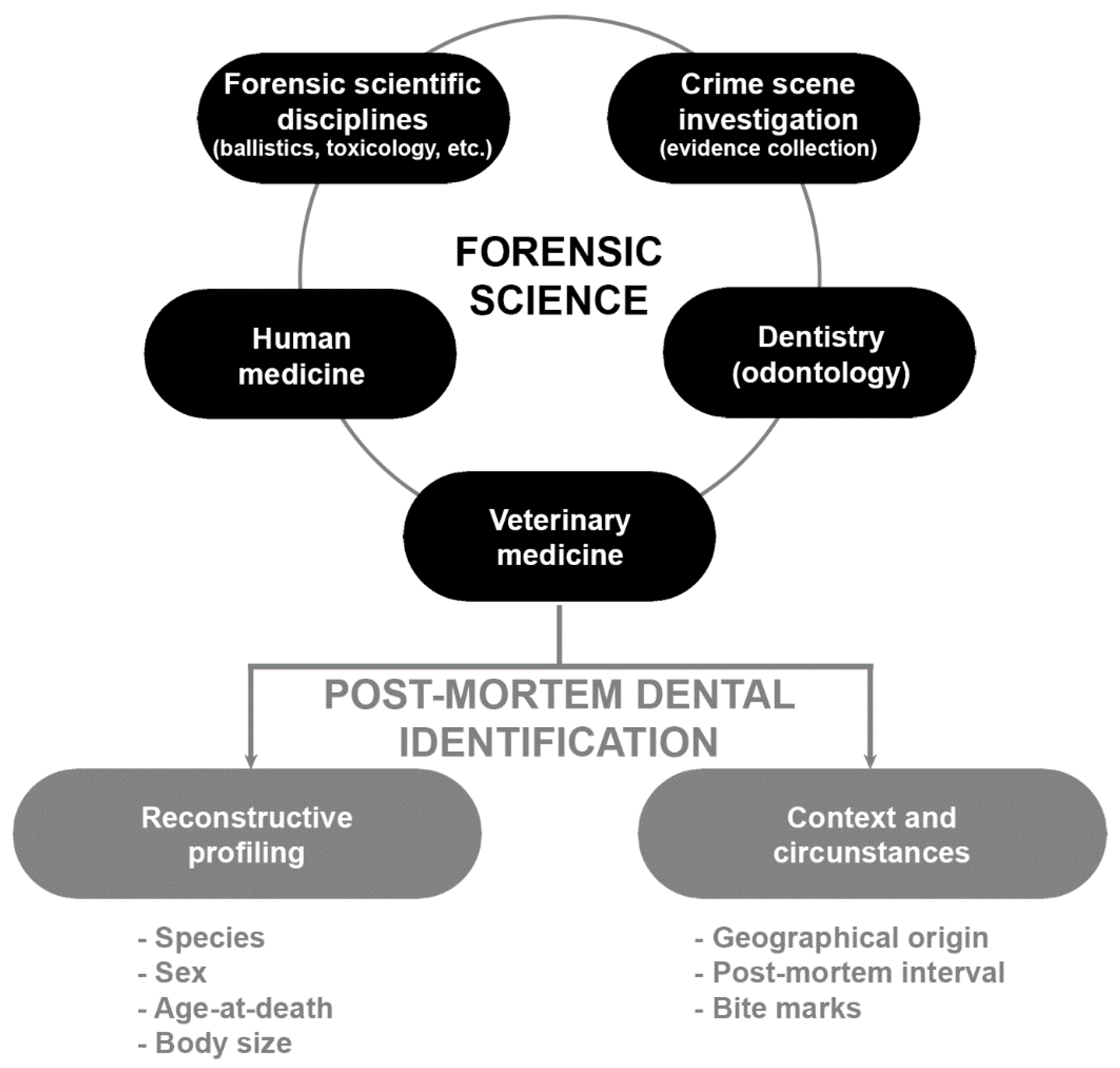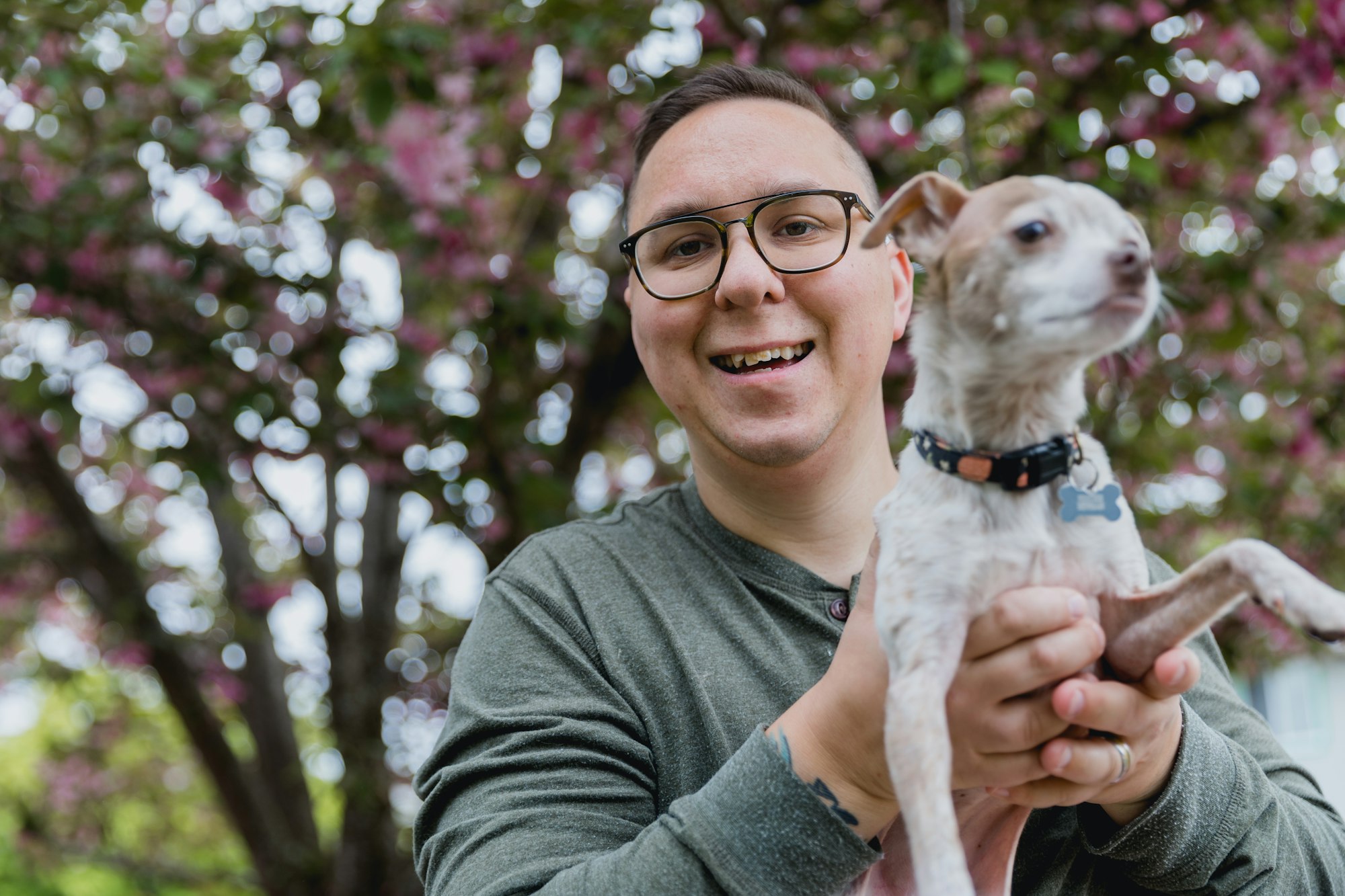When a dog imprints on you, it means that they have formed a strong and loving attachment to you as their owner and see you as a source of food, shelter, safety, and as someone who makes them feel secure. This process of imprinting typically begins between seven to ten weeks of age when dogs become more receptive to bonding with other species, especially humans.
Dogs usually pick one person to imprint on, although they can still love other family members. This chosen human stands out to the dog because they fulfill their basic needs and provide the most positive experiences. Signs of imprinting include seeking your attention, following you around, getting excited when you come home, and showing distress when you leave.
Understanding Canine Imprinting
When a dog imprints on you, it means that they have formed a strong and loving attachment to you as their trusted owner. This imprinting stage typically happens between seven to ten weeks of age and is a sign that your dog sees you as a source of food, shelter, safety, and companionship.
What Is Canine Imprinting
Canine imprinting refers to the crucial process through which a dog forms a strong and lasting bond with another individual, typically a human. The term “imprinting” originated from the field of ethology, which is the scientific study of animal behavior. This phenomenon occurs during a specific developmental period, usually between seven to ten weeks of age, when puppies become more receptive to forming attachments with other species, especially humans. During this critical time, the puppy’s brain is highly impressionable, making it more likely to form a deep and lasting emotional connection with a particular individual.
Importance Of Canine Imprinting
Canine imprinting plays a crucial role in shaping a dog’s behavior, socialization, and overall well-being. When a dog imprints on a human, it establishes a foundation of trust and loyalty. The dog comes to recognize and rely on the imprinted individual as a source of food, shelter, safety, and emotional support. This bond enhances the dog’s sense of security and stability, promoting a happier and more well-adjusted canine companion.
How Canine Imprinting Happens
The process of canine imprinting often begins with positive experiences and interactions between the dog and the imprinted individual. These experiences can include providing food, engaging in play, gentle handling, and consistent affection. Such positive associations create a strong emotional connection and reinforce the dog’s preference for the imprinted person.
It is important to note that while dogs typically imprint on one person, it does not mean they cannot love or form attachments with other members of the family. However, the imprinted individual often stands out to the dog as the primary source of their essential needs and the most enjoyable company.
Understanding the concept of canine imprinting is valuable for dog owners and professionals alike, as it highlights the significance of early socialization and positive reinforcement in establishing a healthy and strong bond with their canine companions.

Credit: m.facebook.com
Signs Of Canine Imprinting
When a dog imprints on you, it means they have formed a strong and loving attachment to you, seeing you as a source of food, shelter, safety, and even fun. This bonding typically begins between seven to ten weeks of age, when dogs become more receptive to bonding with other species, especially humans.
Seeking Attention And Following
One of the signs that your dog has imprinted on you is by seeking your attention and constantly following you around. Whether you’re sitting on the couch or going for a walk, your dog wants to be by your side, seeking your affection and companionship. They will look to you for guidance and reassurance, as they highly value your presence in their life.
Excitement When Owner Returns
Another strong sign of canine imprinting is the sheer excitement your dog expresses when you come home. Whether you’ve been gone for hours or just a few minutes, your dog will greet you with wagging tails, jumps, and enthusiastic barks. This reaction signifies that they associate your return with happiness and love. Your presence brings them immense joy, and they can’t contain their excitement.
Distress When Owner Leaves
The third sign of canine imprinting is when your dog shows signs of distress when you leave. They might whine, bark, or even exhibit anxious behaviors like pacing or destructive chewing. This separation anxiety is reflective of the strong bond they have created with you. Your dog feels uneasy and worried when you’re not around, longing for your presence and security.
In conclusion, when a dog imprints on you, they develop a deep connection and reliance on you as their chosen human. They seek your attention, become excited upon your return, and show distress when you’re away. Embrace this special bond and continue to nurture it through love, care, and quality time together.
Canine Imprinting And Human Relationships
When it comes to our furry friends, the bond between a dog and its human can be truly special. But what does it mean when a dog imprints on you? Canine imprinting refers to the process in which a dog forms a strong attachment to a human, viewing them as a source of food, shelter, safety, and companionship. This bonding process typically begins between seven to ten weeks of age, when dogs become more receptive to bonding with humans.
Do Dogs Have A Favorite Person?
Dogs are capable of developing a favorite person, much like their human counterparts. While they can still love other members of the family, dogs often pick one human to imprint on. This chosen person stands out to the dog because they fulfill the dog’s basic needs and desires. Whether it’s providing food, shelter, safety, or simply being the most fun, this person becomes the primary source of comfort and companionship for the dog.
Can Dogs Imprint On More Than One Person?
Although dogs typically have a favorite person, they can still form bonds with multiple individuals. Dogs are social animals and are capable of building relationships with different people within the household or their extended social circle. However, it’s important to note that the imprinting process often results in a stronger bond with the dog’s chosen person, as they fulfill the majority of the dog’s needs and provide consistent care and attention.
Building A Healthy Bond
Building a healthy bond with your dog is essential for a strong relationship. While imprinting is a natural process, it’s important to actively engage with your dog to develop a positive and trusting connection. Spend quality time with your dog, engaging in activities that they enjoy such as play, exercise, and training sessions. Provide them with consistent care, attention, and affection. By nurturing a healthy bond, you can ensure a mutually beneficial and fulfilling relationship with your canine companion.

Credit: www.mdpi.com

Credit: blog.tryfi.com
Frequently Asked Questions For What Does It Mean When A Dog Imprints On You
What Does It Mean When Your Dog Has Imprinted On You?
When your dog has imprinted on you, it means they have formed a strong attachment to you as their source of food, shelter, safety, and fun. Dogs typically imprint on one person but can still love other family members. Signs of attachment include seeking attention, following you, and showing distress when you leave.
Can Dogs Only Imprint On One Person?
Dogs typically imprint on one person, but they can still love other family members. Imprinting usually occurs between seven to ten weeks of age, when dogs are more receptive to bonding with humans. The chosen person fulfills the dog’s needs for food, shelter, safety, and fun.
How Do You Tell If Your Dog Is Bonded To You?
Your dog is bonded to you if they seek your attention, follow you around, get excited when you come home, and show distress when you leave. These behaviors indicate a strong attachment. Dogs typically bond with one person but can still love other family members.
Do Dogs Have A Favorite Person?
Dogs can have a favorite person based on positive experiences and associations. They may see this person as a source of food, shelter, safety, or fun. Building a healthy relationship through play is the best way to create a strong bond with your dog.
Conclusion
When a dog imprints on you, it means that they have formed a strong and loving attachment to you. This bond is based on trust, and they see you as a source of food, shelter, safety, and companionship. It is important to recognize the signs of attachment in your dog, such as seeking your attention and showing distress when you leave.
Building a healthy relationship with your dog through play and positive experiences will further strengthen this bond. Remember, your dog considers you to be a safe person who makes them feel secure.


